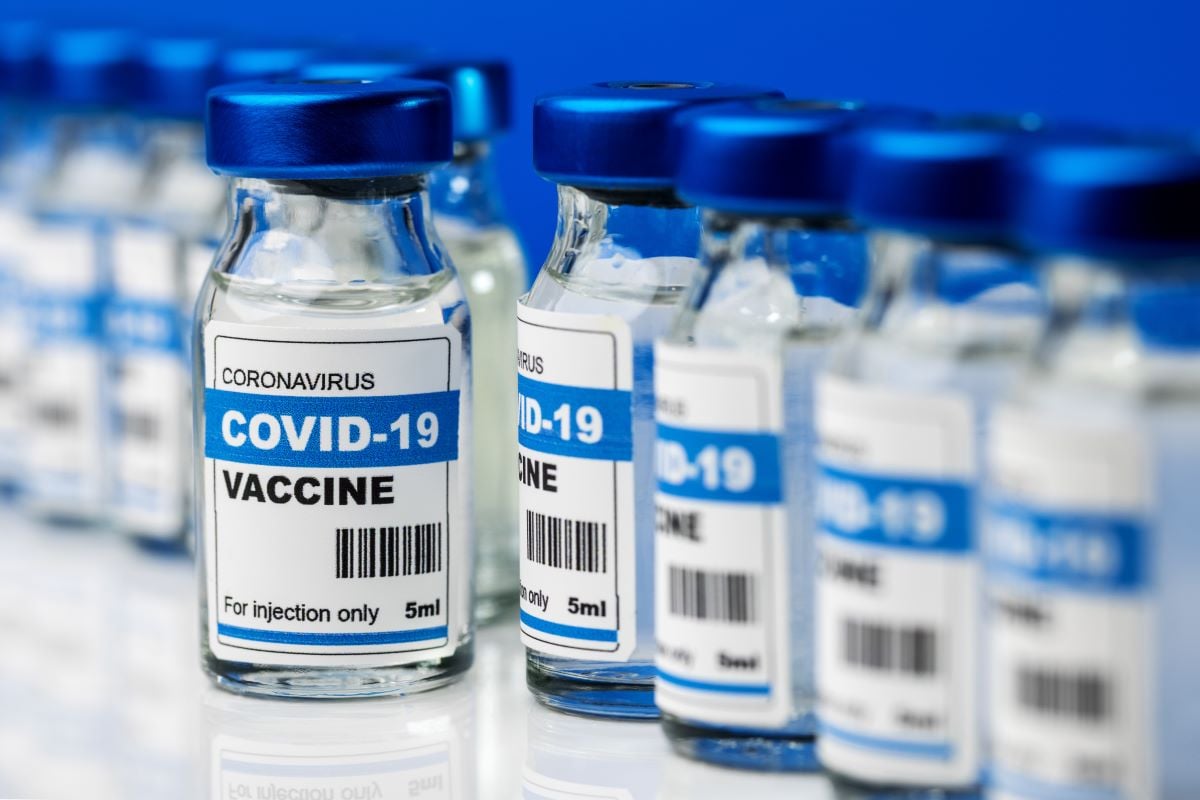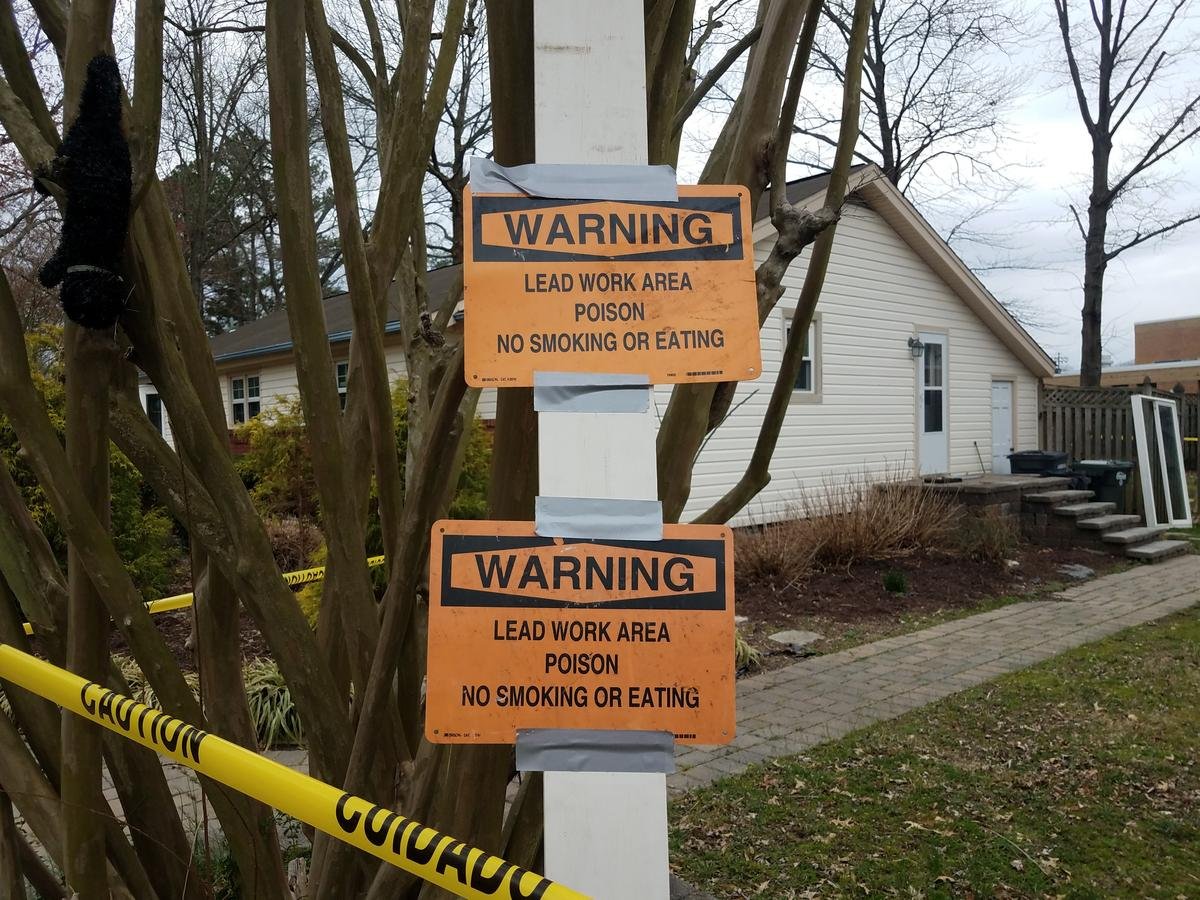
For many reasons, bodybuilders and others involved in weight training might have to take a break from the gym. However, new Finnish research finds that even weeks-long interruptions in training won’t hamper muscle-building efforts. “Of course, the break slows progress some, but it is comforting to know that it is possible to reach the pre-break… read on > read on >






























